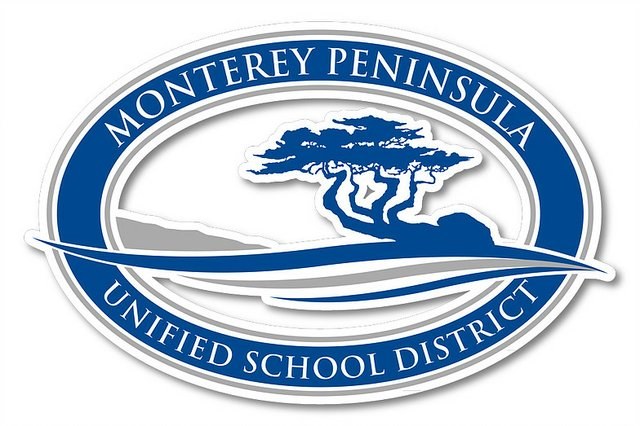Overview
Given the need to operate virtually for much of the 2020-2021 school year, leaders in Monterey Peninsula Unified School District explored ways to deepen connections with families through shared learning experiences. This thinking resulted in the pilot and replication of an evening, school-wide STEAM (science, technology, engineering, art, and math) activity with guardians and students.
“A lot of the elementary schools did a ‘STEAM night’ where they sent home STEAM materials bags and the parents and the kids and the principal and teachers all worked together on a STEAM project through Zoom. And the kids had a blast, and it was awesome for the parents to be with the kids. And that could be ‘real’ school. There's no reason why, like, our real school has to be like, drop off your kids, and then we teach them and we send them back. […] What I get excited about is that there are glimpses of that happening and, you know, with people feeling maybe more confident or more like it's allowed. What's crazy is a lot of people think, ‘I’m not allowed to do this.’ We're just like, ‘yeah, you can do it.’” - PK Diffenbaugh, Superintendent, Monterey Peninsula Unified School District
Approach
Schools sent out invitations to STEAM night evening events, which were held over Zoom. Interested families picked up a materials bag at the school drive-through and logged on together for a one- to 1.5-hour-long session facilitated by teachers and community members.
Approaches differed across sessions but focused on engaging students and parents/guardians in hands-on tasks in groups and teams. In some cases, parents/guardians and students worked together to complete themed design challenges. In others, teachers hosted different “STEAM” area centers via virtual breakout rooms. Centers ranged from art projects to science experiments, to coding sessions. Students completed centers, filling in a digital form to get “stamps” on a digital passport as they visited each session.
This strategy is a part of TLA's Hop, Skip, Leapfrog release, which explores the concrete ways in which schools and systems pursued student-centered innovation during COVID-19. Explore the full guide to find additional strategies, insights, and resources.
Strategy Resources
Family STEAM Night “Passport” Form
This form was created by a teaching team at Monterey Peninsula Unified School District for... Learn More
